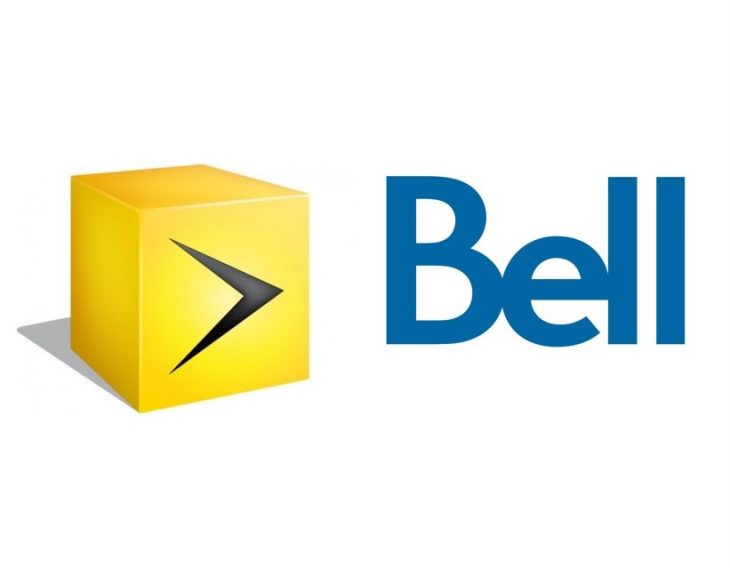
OTTAWA – The CRTC rejected Monday an application by Quebecor to force the legacy telephone companies to refund amounts collected and impose a pay-per-use system as they work to fully implement the next-generation 911 network.
Quebecor said in the application filed in December that it’s not fair for providers like itself to simultaneously pay for both the existing 911 and future next-generation network – which will include the capacity to handle audiovisual information from distressed callers. It asked the CRTC to refund the fees paid toward the NG 911 network development – expected to fully replace the legacy network by March 2025 – and to charge new fees based on usage of the networks.
The application came the month after Bell accused Quebecor of not paying its 911 dues. Bell asked the CRTC to fine the company for failing to pay.
While the CRTC rejected Bell’s request to levy penalties against Quebecor, it also rejected Quebecor’s application, forcing the company to pay all the fees it owes to Bell. The regulator noted, however, that if fees are not paid, it may launch a proceeding to consider imposing such a penalty.
The commission said if Quebecor had an issue with the dual payment system, it should have brought its concerns before the transition to the new network started.
“Now that the transition…is underway, initiating a review process whereby 9-1-1 network providers are made to file new Phase II cost studies would be an unforeseen modification to the NG9-1-1 framework, one that could introduce an element of uncertainty into the transition,” the CRTC said in its decision.
“Should ILEC resources and personnel need to be committed to the review process, this could potentially detract from the work put forth for NG9-1-1 service implementation, including efforts to onboard TSPs and PSAPs,” the decision continued.
“This in turn would take away from the strategic objectives of ensuring an effective and timely transition to NG9-1-1 service and increasing the safety of Canadians by giving them the best access to emergency services through world-class telecommunications networks,” it said.
The commission also rejected the arguments of Quebecor and Rogers related to their proposal to institute a pay-per-use system. The cable companies argued the ILECs – Bell and Telus – have already recovered their costs on the existing 911 network.
But the CRTC rejected the argument, saying there are still ongoing costs related to maintaining the existing network.
“ILECs will continue to incur many of the costs associated with this obligation during the transition period, regardless of the number of subscribers using the E9-1-1 networks at any given time,” the decision said.
“Given the obligation to maintain these networks during the transition period and the public good nature of the services provided over the networks, it would be appropriate for all TSPs offering local voice service to continue to contribute financially to the establishment, maintenance, and operation of all operational 9-1-1 networks,” it noted.



